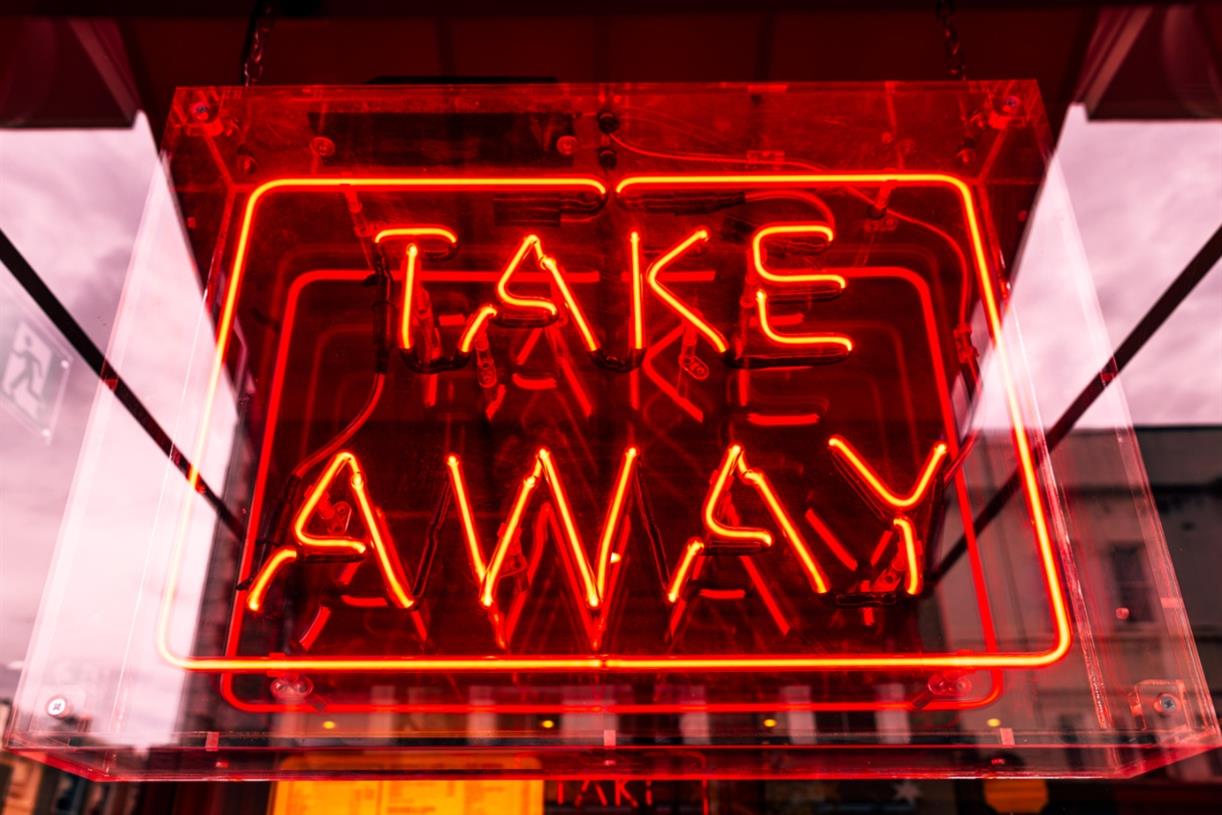We ask this local Korean F&B brand why they launched a pioneer NFT restaurant in M’sia
MyeongDong Topokki now has more than Korean food at its first metaverse concept restaurant selling 970 NFTs at SkyAvenue, Genting Highlands.

Maintaining relevance is key to a successful business to ensure longevity and consumer acceptance.
This can be accomplished through an infinite number of ways, depending on the creativity and financial capacity of businesses.
Since the metaverse became more mainstream in 2021, Vincent Lua, founder of MyeongDong Topokki (MDT), believes his Korean fast food restaurant can leverage it as a way of staying relevant to social trends and expanding the brand’s bandwidth.
 MDT’s grand opening at the Genting Highlands outlet / Image Credit: MyeongDong Topokki
MDT’s grand opening at the Genting Highlands outlet / Image Credit: MyeongDong Topokki“To us, this has great potential for creating innovative and new experiences through an emerging platform,” said Vincent. “It aims to link the bridge [between] the physical and digital worlds.”
A strategy for maintaining relevance
Vincent established MDT’s first NFT restaurant in November 2021 with the goal of connecting with customers online and offline.
While selling Korean food remains the entrepreneur’s primary business, exploring NFTs is one of his new projects. “Later on, we will then engage with customers through the metaverse and even allow them to place orders for our food to be delivered to their doorsteps in the physical world,” he envisioned.
We can only imagine that this idea may look like a VR-based MDT store where customers (as avatars) can order their food in the virtual world, and have it delivered to them physically. Excluding the VR element, this was similar to what we experienced at Tiger Beer’s Street Food Festival in 2020, while physical events were halted due to the pandemic.
Looking at the rest of the world, the first-ever NFT restaurant in the world was founded by Gary Vaynerchuk, a well known entrepreneur. His private dining club, Flyfish Club, was designed exclusively for its NFT owners only, which means you must own one to enter. (MDT’s current method of incorporating NFTs into its business model differs, but more on that later.)
His NFTs include art based on yellowfin tuna, along with a selection of sushi and sashimi, all of which reflect the Flyfish Club’s marine-themed menu.
Today, there are other NFT restaurants located around the world. For instance, Bored & Hungry was recently launched in Long Beach, California. It’s likely the first fast food restaurant to accept Ethereum and ApeCoin as forms of payment.
Leveraging the brand’s identity
NFTs enable businesses to create digital proof of ownership, attendance, and even transference across multiple experiences offered to their customers.
Businesses with a strong brand identity can create their own digital art to complement their products. MDT does so through its mascot, Pokki.
“The artist is one of our in-house designers. She was allocated to engage in this project due to her passion for NFT and knowledge of our character,” Vincent shared. “When we first told her about the idea, she was so excited and came up with a few sketches of the MDT NFTs.”
The designs were then improvised and modified to keep in line with the entrepreneur’s ambitions, before being released to be purchased on OpenSea.
 A few variations of Pokki the mascot / Image Credit: MyeongDong Topokki
A few variations of Pokki the mascot / Image Credit: MyeongDong TopokkiThe NFTs are divided into four tiers: Base Born, The Unusual, Trend Setter, and Elite.
NFT holders get to enjoy exclusive perks that include a complimentary meal from the restaurant’s special value set (once per month), a discounted rate for two accompanying guests, and more, depending on their tiers.
Today, there are exactly 970 variations of Pokki available on the market. All but one have a floor price of 0.08 ETH, which is equivalent to RM1,057.69 at the time of writing.
In an interview, we asked Vincent how the floor price of 0.08 ETH was justified. “It was set based on the common floor price,” the founder responded. “But we will add value to increase the market capitalisation.”
MDT has sold 24 of its 970 NFTs so far. Vincent hinted on his plan to release another 30 NFTs in the third quarter of 2022, with the possibility of airdropping the digital art pieces to customers.
A dedicated team for the course
Not only does the restaurant sell NFTs, but there is a dedicated team to assist first-time customers in purchasing MDT’s digital art pieces.
Vincent explained, “Our trained team is guided with NFT related information and is able to assist customers that are new to [the concept] and want to own one of our NFTs.”
This involves assisting new customers through the registration process for MetaMask (MDT’s recommended crypto wallet) and the purchase of the NFT on OpenSea, which will be imported into their crypto wallets later.
He further elaborated that the team must undergo training and pass an internal test with an expected score of 70% or higher in order to be deemed “trained”.
 The dedicated NFT team / Image Credit: MyeongDong Topokki
The dedicated NFT team / Image Credit: MyeongDong TopokkiKnowing that Genting Highlands’ SkyAvenue is popular for its prominent tourist attractions, Vincent saw this as an opportunity to leverage its popularity to raise MDT’s brand awareness.
“It turned out well as we have been receiving attention from the public due to [MDT being] the first NFT concept outlet in Malaysia,” he revealed. “People were attracted and eventually shared it with their friends, resulting in further sales of our NFTs.”
Vincent told Vulcan Post that the NFT holders include both frequent collectors of digital art and those looking to join MDT’s loyalty club.
While the restaurant gives favours to its NFT holders, regular customers can still dine in as usual at the Genting Highlands outlet. The only distinction is that they get to experience the NFT-related vibes as displayed on its walls.
They’re just getting started
At the moment, the MDT NFT project can be described as being in its infancy. In the coming years, Vincent seeks to strengthen the brand’s connection to the metaverse.
He also intends to engage with some of Malaysia’s most prominent artists and brands in MDT’s upcoming marketing campaigns, which will coincide with the debut of the new series of the brand’s NFTs.
Additionally, it is believed that major corporations such as Starbucks, McDonald’s, and Dunkin’ Donuts have plans to enter the metaverse by the end of 2022.
From fast food to fine dining restaurants, this trend is clearly gaining traction in the industry, and consumers are proving to be receptive to it. The widespread acceptance of NFTs, cryptocurrencies, and the metaverse is almost certain to continue.
It affords nearly all businesses the opportunity to grow and expand beyond their storefronts as well as their social media platforms. This could be a chance for business owners to establish new connections with their customers, thereby increasing brand value.
Learn more about MyeongDong Topokki’s NFT Restaurant here.Read more NFT content here.Featured Image Credit: MyeongDong Topokki

 KickT
KickT 































